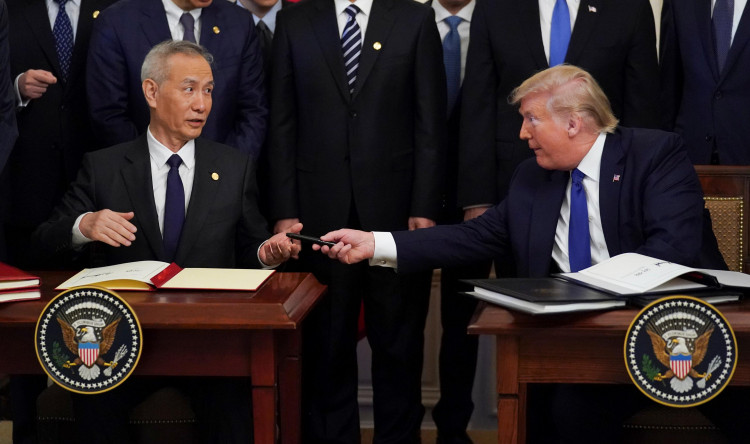China's restrictive policies on major European trading partners are making companies in Europe uneasy that they're now calling on lawmakers to toughen up on Chinese trade tactics.
European companies want a more stern approach by European Union policymakers in order to level the playing field for their businesses that China has for long seemed to have taken advantage of, restricting its partners' movements in certain areas of trade.
On Thursday, BusinessEurope, an organisation classifying trade and business associations from 35 nations, reported that China was very conscriptive of the European Union's key business partners, imposing many limitations to capital markets, stringent requirements for unified collaborations and making entry to its financial markets difficult for European investors.
Based on research conducted by BusinessEurope, which was presented to the European Commission, the European Union needs to reevaluate its policies against China and give a bigger premium on "reciprocity and conditionality" in the interest of fair trade.
BussinessEurope highlighted the gap in investment access between Chinese and foreign companies, benefits in funding of Chinese companies in key areas, cheap land and resources, and the massive support that China is giving its manufacturing and services firms.
The EU is the biggest trading partner for China, and China is the second biggest trading partner of the Europeans.
BusinessEurope called on the Union to talk with one voice about China, share information about the country, and suggest putting China's policies at the top of the agenda. Chinese trade officials did not immediately issue a statement regarding the report.
Marcus Beyrer, BusinessEurope head, disclosed to members of the press that it was in China's well being to reassess its business ties with Europe because continuity would transform the framework of the world economy to the disadvantage of China.
Beyrer noted that China engaging itself in a trade war on two fronts was also a terrible idea, considering that the export-oriented country of 1.4 billion people was already involved in a trade war with the US for many months.
Meanwhile, Beijing and Washington signed on Wednesday an initial trade deal that will readjust some taxes and hike Chinese imports of US farm and factory products, ease tensions in an 18-month conflict between the world's two biggest economies while keeping untouched a host of other sensitive matters.
After months of forward-backward meetings and negotiations, the two countries lauded the Phase One deal as "something that's never been done before" - a move forward - and investors embraced the development with delight. At least, not all of them.





